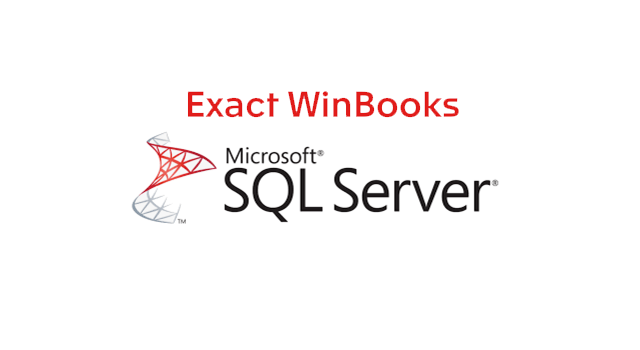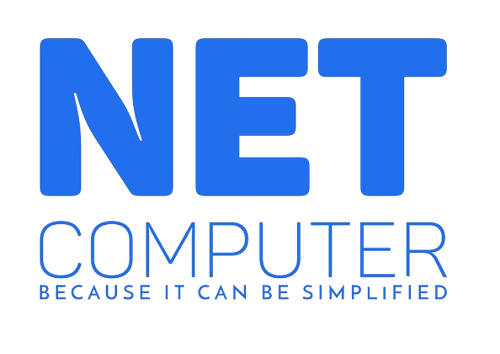WinBooks SQL: A Technological Advancement for Your Accounting
24/10/2024 - Published by : FiduPress < Back
We are pleased to announce the launch of the brand-new version of WinBooks, now powered by an SQL database engine. This change marks a crucial step in the evolution of your accounting software, with numerous advantages that enhance the performance, security, and flexibility of your working environment.
First Step: First Release Candidate 8.05.150
The first version available will be the First Release Candidate 8.05.150. This version, scheduled for imminent release, will allow you to discover the main benefits of WinBooks with SQL. While some of WinBooks’ historical features will not yet be present in this initial version, it will already offer significant improvements in terms of performance, security, and stability.
Why switch to SQL?
The SQL database engine is known for its robustness and ability to handle large amounts of data more quickly and securely. Unlike older database management systems, SQL is a proven standard that allows you to benefit from the latest technologies while offering better management of your accounting data.
Key Benefits of the New WinBooks with SQL Version
Improved performance:
The SQL engine optimizes data processing times, meaning you can process your accounting entries, generate reports, and access information much faster than before. This is particularly important for companies handling large volumes of accounting data.
Enhanced security:
Switching to SQL enables more precise user management and access rights, ensuring that only authorized individuals can access certain sensitive data. Additionally, the system provides better protection against failures and attacks, with automated backup and restore options to ensure your information remains secure in all circumstances.
Increased reliability and stability:
SQL is designed to be more stable and error-resistant. This means that the risk of data corruption is significantly reduced. If a problem does arise, SQL makes it easier to restore data and recover lost or damaged files.
Greater flexibility for multi-site users:
If your company operates across multiple sites or with several remote users, WinBooks with SQL allows better management of shared databases. This means your teams can collaborate more easily and access the same information in real time, regardless of their location.
Smooth transition with the data conversion tool
We understand that a database migration can seem complex, but we’ve ensured that the transition to SQL is as smooth as possible with our administration conversion tool. This tool handles the migration of your old data to the new SQL engine, while ensuring the integrity and continuity of your accounting data.
Next Step: Final Version in September 2025
We expect the final version of WinBooks with SQL, which will integrate all historical WinBooks features, to be available in September 2025. Until then, the First Release Candidate 8.05.150 will offer you a first immersion into the SQL universe, with regular updates that will progressively enhance and improve the user experience.
What you need to know: Initial limitations
As mentioned, some of WinBooks’ advanced features will not be immediately available in this first SQL version. However, we are actively working to reintroduce these functions in successive updates, and by September 2025, the final version of WinBooks with SQL will include all the complete features of your usual software.
Conclusion: A Step Toward the Future of Accounting
With this major update, WinBooks is taking a new step by adopting the SQL engine, ensuring that your accounting software remains high-performing, secure, and flexible. Starting today, the First Release Candidate 8.05.150 allows you to explore the new possibilities offered by SQL, while awaiting the final version in September 2025, which will incorporate all the classic WinBooks features. We strongly encourage you to take advantage of this new version to enhance your user experience and optimize the management of your accounting data.
Back
